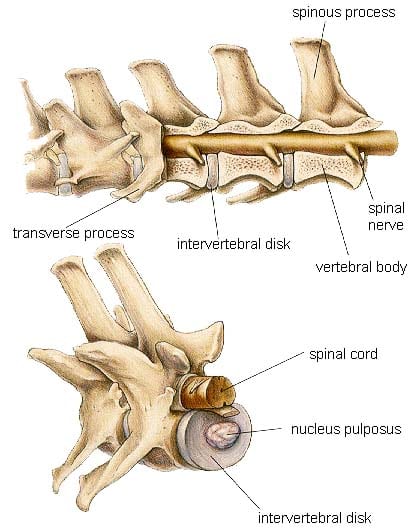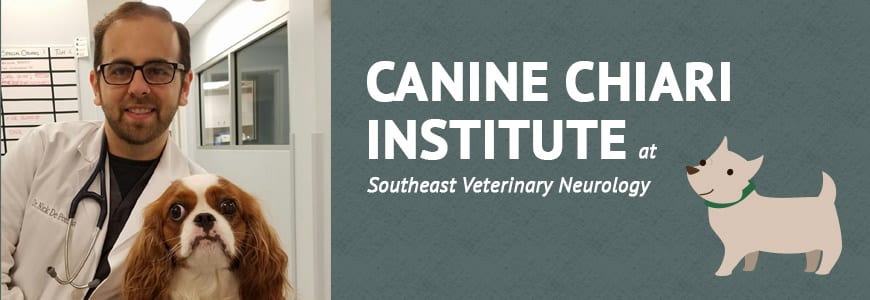CBD for Dog Seizures: The Honest Truth
Idiopathic epilepsy is the most common type of seizures in dogs, but it has no identifiable cause. It affects up to 5% of canines, making it the most prevalent neurological condition seen in dogs. Even with anti-seizure medication, most dogs with epilepsy will continue having seizures, and all prescriptions have the potential for serious side…
Preventing Dog Obesity: How to Give Your Dog a Longer, Healthier, Happier Life
The Association for Pet Obesity Prevention reports that 55.8% of America’s dogs are overweight. Just like in humans, dog obesity can lead to heart disease, diabetes, arthritis, and even cancer. Extra pounds also exacerbate other conditions in dogs, like neurological issues. In fact, obese dogs of all breeds are at increased risk of Intervertebral Disc…
My Dog Can’t Stand Up: What You Should Do
There are many possible reasons why a dog can’t stand up, ranging from toxicity, injuries, and orthopedic reasons to infections, illnesses, and cardiovascular reasons. Here, we will take a look at five neurological reasons for your dog’s sudden inability to stand. 5 Neurological Reasons Your Dog Can’t Stand Up As veterinary neurologists, one of the…
7 Reasons Why Your Dog is Pressing Its Head Against the Wall
Maybe you have an affectionate pup that shows you love by pressing its head against yours while you smother it with smooches, and that’s cute as heck. But if your dog is pressing its head against the wall, it’s showing you something is wrong. What is Dog Head Pressing? Dog head pressing is the obsessive…
Types of Neurological Disorders in Dogs and Cats
Just like in humans, dogs and cats get neurological conditions. The nervous system is made up of the brain, spinal cord, nerves and muscles. Certain neurological conditions can affect any part of the nervous system, while others only happen in certain parts of the nervous system. The general types of disorders that can affect the…
Are Neurological Disorders in Dogs Treatable?
Ultimately, most pet owners ask me one simple question when their pet is having a neurological problem: Can You Fix My Pet? Neurological disorders in dogs and cats can be very scary to the pet and to the pet family. The nervous system is the part of the body responsible for things like walking, coordination,…
Facial Paralysis in Dogs: Why Does My Dog Have a Droopy Face?
Written by Dr. Montana DiVita. You can learn more about Dr. DiVita on our neurologists page. Why is my dog’s face droopy? When a dog has a “drooping” face, we become concerned about a problem with the facial nerve. The facial nerve, or cranial nerve VII, exits the back of the brain and innervates the…
Causes of Seizures in Dogs
As a pet owner, seeing your dog have a seizure for the first time can be a terrifying experience for you. You might think they are dying, and this can cause anyone to panic. It’s good for you to know that, typically, seizures are not fatal, and it may help you to get through such…
Common Questions About Intervertebral Disc Disease (IVDD)
1. Why does Intervertebral Disc Disease (IVDD) happen? There are two general types of IVDD, Types I and II. Type I IVDD typically affects younger to middle aged chondrodysplastic dogs (smaller dogs with short legs) such as the Dachshund, and usually results in an acute onset of clinical signs. Type I IVDD degeneration begins early…
Canine Chiari Institute At Southeast Veterinary Neurology
Chiari malformation is a quite common condition found in Cavalier King Charles Spaniels, Brussels Griffons and a variety of other (typically small breed) dogs. As of April 2016, Southeast Veterinary Neurology will be offering reduced cost screening of Cavalier King Charles Spaniels, Brussels Griffons, and other high-risk breeds. What Does the Screening Package Include? Physical/neurological…










